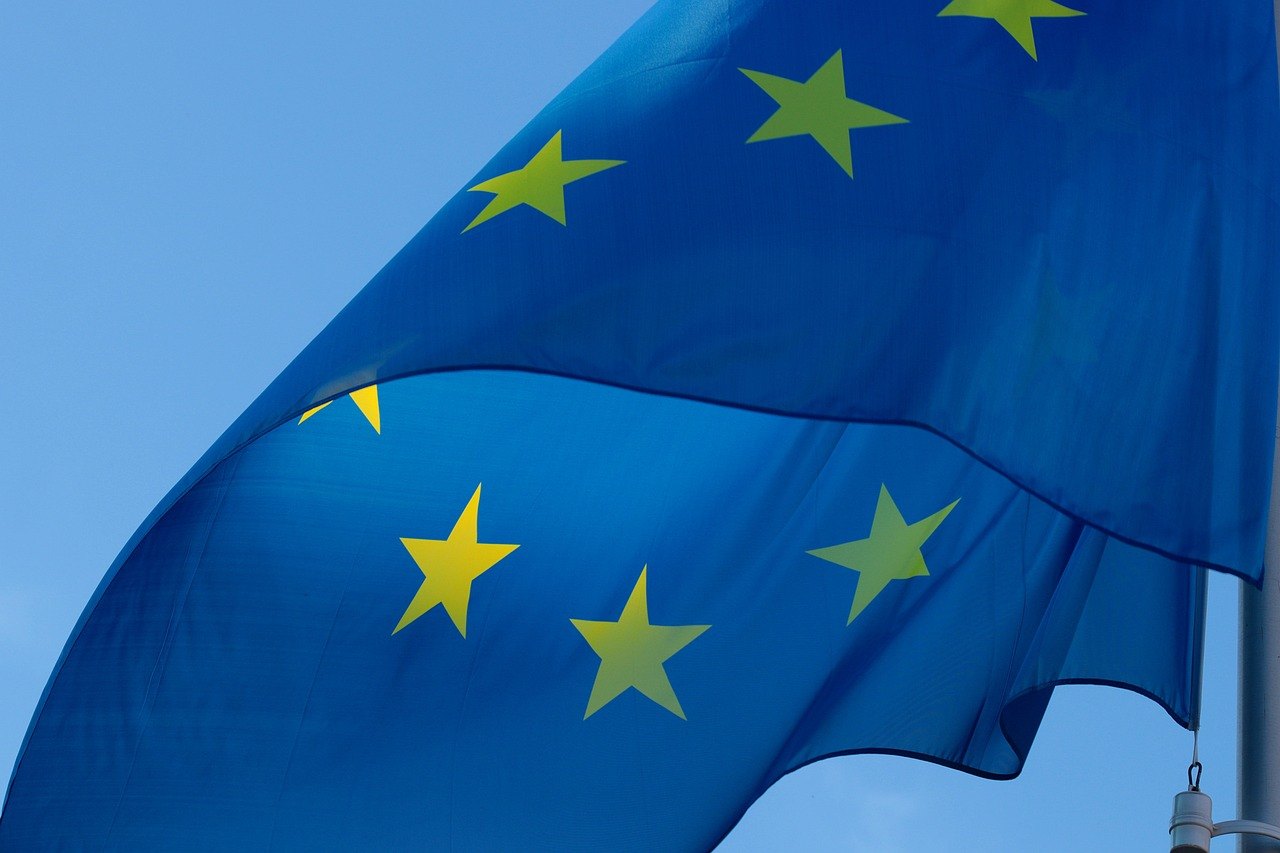New EU Travel Rules for Non-EU Visitors: What You Need to Know (Including UK Citizens)
The European Union (EU) has introduced significant changes to its travel rules for non-EU visitors, including citizens of the United Kingdom. These changes are part of the EU's broader efforts to enhance security, streamline border control processes, and improve the overall travel experience within the Schengen Area. Whether you're planning a holiday, a business trip, or a visit to friends and family in Europe, it's crucial to understand the new requirements to avoid any surprises. Here's a comprehensive guide to the new EU travel rules, including how they affect UK citizens.
1. Introduction of the ETIAS (European Travel Information and Authorization System)
One of the most significant changes is the introduction of the ETIAS, which is expected to be fully operational by mid-2024. ETIAS is an electronic travel authorization system, similar to the U.S. ESTA, that will be mandatory for non-EU citizens who are visa-exempt, including UK citizens, before entering the Schengen Area.
Key Points About ETIAS:
- Eligibility: ETIAS is required for nationals of around 60 countries that are currently visa-exempt for short stays in the EU, including the UK, the US, Canada, and Australia.
- Application Process: The application for an ETIAS will be made online and should take around 10 minutes to complete. Travelers will need to provide personal information, passport details, and answer questions related to security and health.
- Cost: The application fee for ETIAS is expected to be around €7 for adults. Travelers under 18 and over 70 are exempt from the fee.
- Validity: Once approved, an ETIAS will be valid for three years or until the traveler's passport expires, whichever comes first. It allows multiple entries into the Schengen Area for short stays (up to 90 days within any 180-day period).
2. Entry/Exit System (EES)
Another key change is the implementation of the Entry/Exit System (EES). The EES EU travel rules is designed to replace the manual stamping of passports with an automated system that records the entry and exit of third-country nationals.
Key Features of EES:
- Biometric Data Collection: The system will collect biometric data (fingerprints and facial images) and store it along with entry and exit dates.
- Tracking Stay Duration: The EES will automatically track the number of days non-EU travelers spend within the Schengen Area, ensuring compliance with the 90/180-day rule.
- Improved Security: The system aims to enhance border security by identifying overstays and detecting document fraud more efficiently.
3. Impact on UK Citizens
Since Brexit, UK citizens are classified as third-country nationals, meaning they are no longer EU citizens and must adhere to the same travel rules as other non-EU nationals.
Specific Implications for UK Travelers:
- Passport Validity: UK travelers must ensure their passports are valid for at least three months beyond their intended departure date from the EU. The passport must also be less than 10 years old on the date of entry.
- Visa Requirements: For short stays (up to 90 days in any 180-day period), UK citizens do not need a visa to enter the Schengen Area but will need an ETIAS once it is operational.
- Border Checks: UK travelers will face more thorough checks at EU borders compared to pre-Brexit times. They may be asked to show proof of sufficient funds, return tickets, and accommodation details.
4. Travelers' Rights and Responsibilities

With the introduction of ETIAS and EES (EU travel rules), non-EU travelers, including UK citizens, have new responsibilities and must be aware of their rights:
Responsibilities:
- Comply with Stay Limits: Ensure you do not exceed the 90/180-day rule within the Schengen Area.
- Correct Information: Provide accurate and up-to-date information when applying for ETIAS and during border checks.
- Check Requirements: Stay informed about any changes to travel requirements, especially regarding health or security.
Rights:
- Appeal Process: If your ETIAS application is denied, you have the right to appeal the decision. The appeal process and requirements will be provided with the denial notice.
- Transparency: You are entitled to know how your personal data is being used and stored under the EU's strict data protection laws.
5. Exceptions and Special Cases
While ETIAS and EES (EU travel rules) will apply to the majority of non-EU visitors, there are some exceptions and special considerations:
Long-Term Stays:
- Travelers intending to stay longer than 90 days, such as for work, study, or family reunification, will need to apply for a national visa or residence permit, depending on the host country's regulations.
Traveling to Non-Schengen EU Countries:
- Some EU countries, like Ireland, are not part of the Schengen Area and have different entry requirements. UK citizens can travel to Ireland with just a passport, as the Common Travel Area (CTA) arrangements between the UK and Ireland remain unchanged.
6. Practical Tips for Travelers
To ensure a smooth travel experience, here are some practical tips:
- Apply Early for ETIAS: Although the application process is quick, it’s advisable to apply as soon as your travel plans are confirmed to avoid any delays.
- Keep Copies of Documents: Carry physical or digital copies of your passport, ETIAS authorization, and other important documents in case of loss or theft.
- Stay Informed: Regularly check the official EU and Schengen websites for updates on travel requirements, especially as your departure date approaches.
7. Conclusion
The new EU travel rules represent a significant shift in how non-EU citizens, including UK nationals, will experience travel to Europe. While the introduction of ETIAS and EES may seem like an added layer of bureaucracy, they are designed to enhance security and streamline border processes, ultimately making travel safer and more efficient. By staying informed and prepared, travelers can navigate these changes with ease and continue to enjoy all that Europe has to offer.
As these rules continue to roll out, it’s important to stay up-to-date with the latest information to ensure a hassle-free journey. Safe travels!
Register today to our Guadalmansa Insider Newsletter and get all the latest updates & news about the Guadalmansa area in your inbox.
